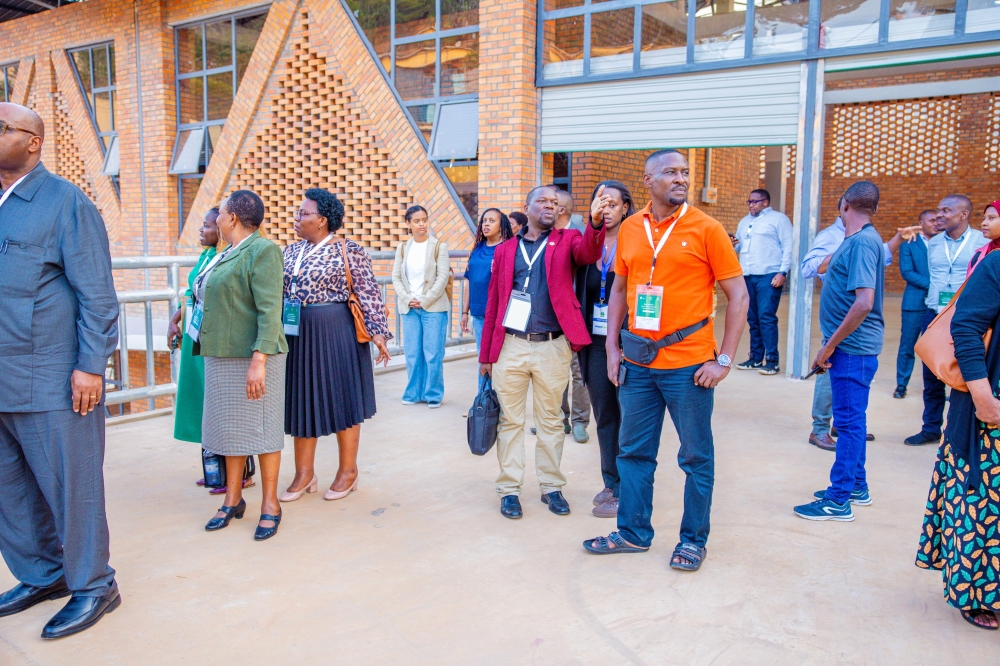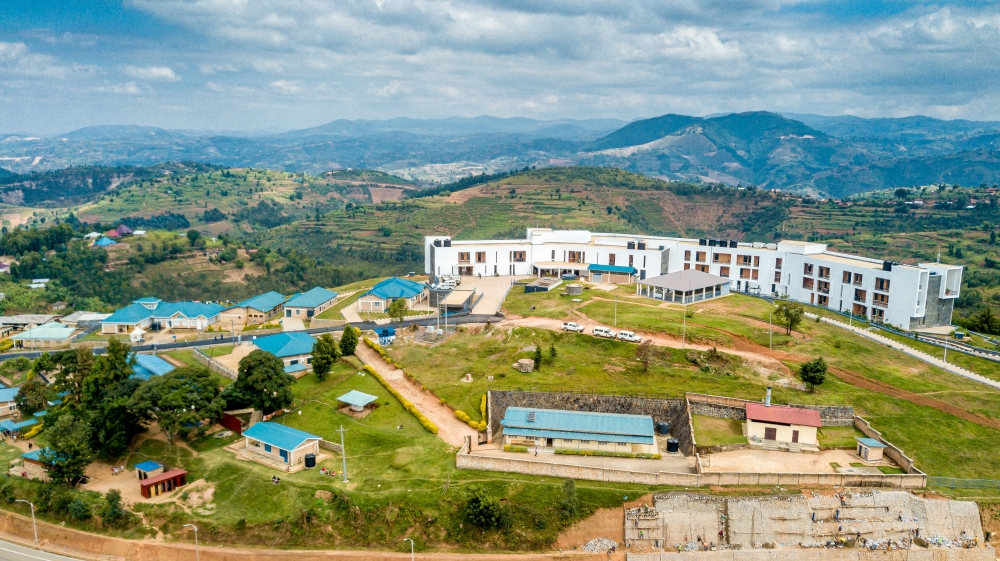You will have to bear with me as I ignore the noise surrounding the book written by Miguna Miguna, a former aide of Kenya’s Prime Minister Raila Odinga and focus on a storyline that has become so common, that I could write the next script and still get it all right.


You will have to bear with me as I ignore the noise surrounding the book written by Miguna Miguna, a former aide of Kenya’s Prime Minister Raila Odinga and focus on a storyline that has become so common, that I could write the next script and still get it all right. Some things happen in a sequence and detail that renders them so predictable and mainstream that all emotion is detached from the event as people cannot wait to return to their daily schedules before it all happens again. The cause and effect seem to revolve around the apparently low regard for life. The disasters and tragedies that often hit our people have never ceased to amaze me while at the same time angering me. As I sat to write this, the death toll following Wednesday’s MV Skagit ferry disaster had reached 65 with more than 100 passengers still missing after it capsized off the coast of Zanzibar carrying 290 people. The vessel’s capacity is said to have been 250 passengers. Interestingly some of the survivors say the accident could have been avoided while the Zanzibar Minister for Infrastructure and Communication, Mr Hamad Masoud called it "an act of God.” Police have already arrested the Manager of the company (Seagull) that owns the ill-fated boat. Credit ought to be given to the Zanzibari authorities for the timely rescue efforts that saw many lives saved. This is against the backdrop of another overcrowded ferry (Spice Islanders) that sunk in September last year killing more than 200 people in the island’s worst ever maritime disaster. We can therefore notice a trend where avoidable disasters continue to happen with very little done to fix the mistakes that may have led to a previous disastrous incident(s). If it is an overcrowded boat, you can bet your savings on the next accident also being one of an overcrowded boat, with passengers who had no life jackets. In Eastern Uganda, the population pressure has seen people clearing most of the forest cover and consequently exposing themselves to cases of landslides. For as long as I am still sane, I don’t think I will forget the Bududa (Eastern Uganda) landslide. The people of Bududa have had to suffer another landslide even after warnings of the visible cracks on the mountain slopes. After the first landslide in the area, government promised to resettle the people of Bududa, but this didn’t happen. So the next landslide found them still in the same place. In Kenya the situation is actually more predictable and laughable. Every now and then, you have a fire here, an oil spill, then fire and of late a terrorist attack. As if on cue, soon after the news has gone around and the social media platforms have seen it trending, the good old political leaders will shove elbows to get to the scene first. They don’t come to lead investigations or rescue victims, but ostensibly to give a speech that serves to boost their political profile and nothing more. While we look at the disaster, the politicians are looking at the opportunity to pose for the cameras and speak into the voice recorders. If that is not enough, then the same politician and his colleagues will secure a front row seat at the funeral of the victims so that he can – yes you guessed it right - give another speech. Meanwhile, other concerned parties will also be busy talking about how investigations are going on to get to the bottom of this. I love the recited script. Tragic road accidents are also a common occurrence and have continued to claim very many lives. The causes range from the poor roads to over speeding drivers who care less about the law. The traffic officers are sometimes only interested in getting that kitu kidogo or chai from the drivers instead enforcing the law. In all this, I must say it is always moving to see how the government of Rwanda responds when happens. Helicopters and ambulances show up quickly to save lives even when the accident was across the Rwandan border. The security folks also take care of the scene almost like you see in the movies. Elsewhere, victims of accidents are robbed before they can think of any help. Sometimes the robbery is by the people who should be helping them.




